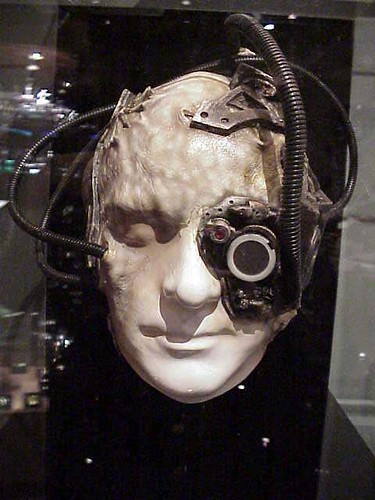

Last weekend
"The Book of Dahlia" author, Elisa Albert, was interviewed on NPR's
Weekend Edition. Even though I was driving at the time, I did write down one quote which leaped out of the radio and I've been thinking about for a few days, now. Albert said, "Fiction makes the universal specific."
At the time it seemed profound and important - and I think it still is, but it does not seem as clear as it did in that moment.
As I was thinking about it more,

I started to feel confused. This little phrase started to seem reversed. I swear I've heard something different: that writing/art makes the specific universal. So which is it? The more I think, the more it seems to not make sense. So I opted to write about it in the hope of finding a little clarity.
I've been taught or have otherwise learned that one goal of writing is to take the personal or a specific event and present it in a way that those who weren't there, or who have never

experienced the big X, can understand. In other words, to take the specific and make it universal.
I don't remember the entire context of Albert's quote - a fortunate in terms of safety and unfortunate in terms of quoting side effect of driving while listening to the radio. But I do remember having an understanding when she said "fiction makes the universal specific." My sense of what it means is that writers take the assumptions and beliefs of the time and culture in which they live and put that into a specific setting and character. So one group of information is associated with one character and another set with a second character, and so on. Add a place and a little conflict; stir or shake according to the genre and, voila, a story with a plot.

This makes me think of my friend and fellow writer, A. He and I were talking one day several months ago and he mentioned getting ready to write a story, except he said "apply a treatment." At the time, I wasn't sure what he meant entirely, but I had the gist of it. And I thought, "hmm, that's different."
Coming from a poetry and short story perspective, I tend to be more intuitive and writing from the heart. I throw out a little something I've seen or heard or made up in my head and let the characters tell their story. The idea that a writer would pick something and apply a treatment, was not a concept I used nor had any interest in trying. And it was another concept I kept thinking about and noticing when it came up here and there. Male and female difference? Screenwriter/fiction writer versus Poet/fiction writer? Or maybe a knee-jerk reaction to a semantic difference which is not so far from what we all do, anyway?

So, which did come first: the specific or the universal? As I thought, what came to mind were the old fashioned paper dolls, the ones with tabs on their clothes; or clothes and roles like barrels to put on and take off depending on what happens in the story.

I still bristle a bit at "applying a treatment," but it's minor. And I'm not still clear about the chicken and egg question of universality and specificity.
Right now, all I'd want to do it let them roll around in my mind like, as Natalie Goldberg said, "pearls in a silver bowl." I'm sure the topic will surface again and we'll see what my thinking is when they do.
details from The Mona Lisa Paper Doll
one in a series of Art Paper Dollsby
Serena Barton
 Come to T'AI CHI for 1,000, Saturday, 10 AM South Waterfront Park (Portland, OR).
Come to T'AI CHI for 1,000, Saturday, 10 AM South Waterfront Park (Portland, OR).





















